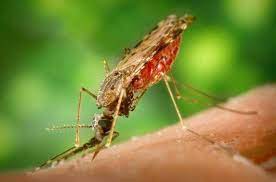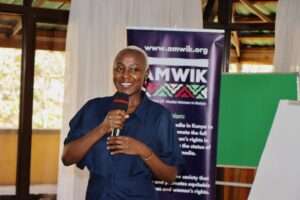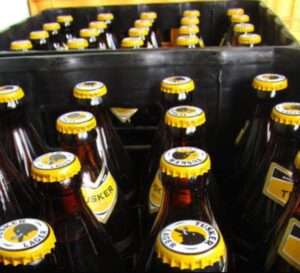
A new mosquito species scientifically known as Anopheles stephensi (An.Stephensi) is now in Kenya.
The Centers for Disease Control and Prevention (CDC) said that the mosquito, which landed from Ethiopia, is likely to fuel Malaria infections in Northern Kenya.
According to CDC, the mosquito species is confirmed to have been in Turkana and Marsabit counties.It has been found in Lodwar, a major town in the Northern region and it is causing worry among scientists in that it could spread so fast.
The species is known to exploit built environment due to climate change, thriving in areas with no prior history of their existence.
The Division of of National Malaria Program and Kenya Medical Research Institute (KEMRI) said that the An.Stephensi isolated in Kenya matched closely with isolates from India, Iraq, Yemen, Iran and Nigeria but more distance from the isolates from Ethiopia.
The An.Stephensi mosquito has the ability to thrive in urban and man-made environments, unlike other malaria vectors that breed in naturally occuring water bodies.
World Health Organization(WHO) says that the An.Stephensi reported in Africa has been found to be resistant to many of the insecticides used in public health posing a challenge to its control.
“Where An. stephensi has been reported in Africa, it has been found to be resistant to many of the insecticides used in public health, posing an added challenge to its control. The invasion of An. stephensi in sub-Saharan Africa—where the burden of malaria is highest and over 40 per cent of the population lives in urban environments is particularly worrying,” WHO says.
Although the overall contribution of An.Stephensi to malaria transmission in the region is unclear, WHO says the rapid growth of many African cities together with this highly efficient and adaptable malaria vectors could undermine the gains made in fighting Malaria.
The Zero Malaria Campaign Coalition reveals that Kenya has reduced the prevalence of Malaria by almost 50%.







